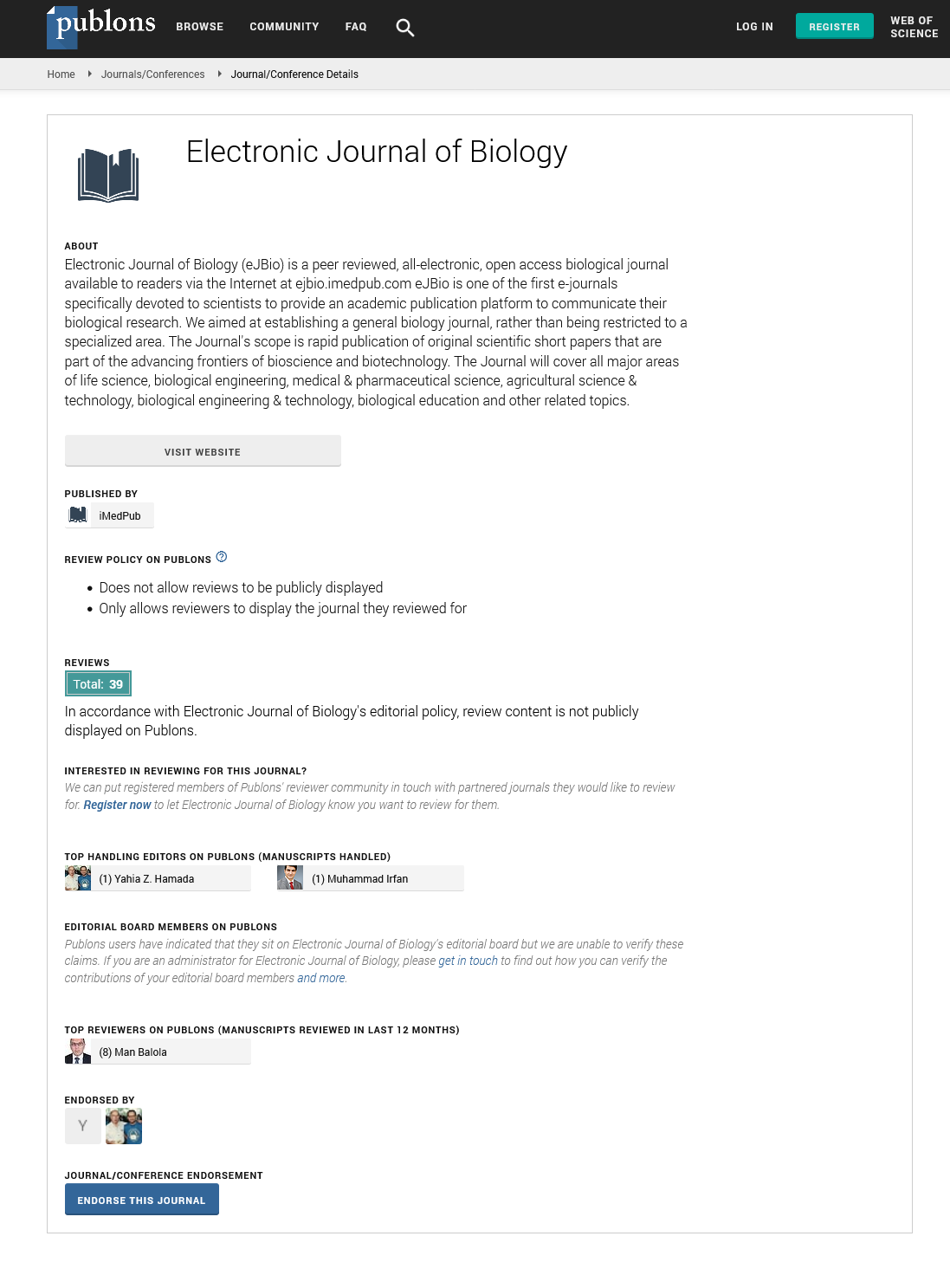Abstract
Toxicological Evaluation of Aqueous and Acetone Extracts of Combretum molleTwigs in Wistar Rats
Combretum molle (Combretaceae) is used in folkloric medicine against pain, diabetes mellitus and microbial infections. In this study, toxicological profile of aqueous and acetone extracts of C. mo lle twigs was investigated. In acute toxicity test, female rats were divided into two groups and treated orally with distilled water (10 mL/kg) and single dose of aqueous extract (2000 mg/kg). Animals were observed during 14 days, during which toxic signs, mortality and body weight were evaluated. For sub - chronic toxicity, rats received respectively 0, 125, 250 and 500 mg/kg/day of each extract during 28 days. Body and organs weights, food and water intake, selected b iochemical, histological hematological a nd parameters were evaluated. Results showed that the acute toxicity study did not produce any grossly toxic signs, mortality and body weight changes. In the sub - chronic study, higher doses of both extracts caused significant loss in body weight, food and water intake and significant increase in transaminases levels. In increase in relative organs weight and a periportal inflammation and mesengial hyperplasia in the liver and kidneys were also observed in extract treated rats. An increase in platelet count and a decrease in proteinemia, creatininemia, MCH and MCHC levels were noticed with the aqueous extract while enlarged alveoli sacs were observed at 125 mg/kg of acetone extract. In conclusion, the aqueous extract did not exhibit acute toxicity then it app ears to be relatively non - toxic one. Prolonged administration of extracts caused hepatotoxicity and nephrotoxicity. Lower dose of acetone extract caused pulmonary toxicity
Author(s): David Miaffo, Sylvie Léa Wansi, Marius Mbiantcha, Sylviane Laure Kamani Poualeu, Oulianovie Kamgue Guessom, Legentil Moïse Nchouwet, Albert Kamanyi
Abstract | Full-Text | PDF
Share this

Google scholar citation report
Citations : 5001
Electronic Journal of Biology received 5001 citations as per google scholar report
Electronic Journal of Biology peer review process verified at publons
Abstracted/Indexed in
- Google Scholar
- China National Knowledge Infrastructure (CNKI)
- CiteFactor
- Electronic Journals Library
- Zoological Records
- WorldCat
- Proquest Summons
- Publons
- MIAR
- Openaccessarticles.com
- Secret Search Engine Labs
Open Access Journals
- Aquaculture & Veterinary Science
- Chemistry & Chemical Sciences
- Clinical Sciences
- Engineering
- General Science
- Genetics & Molecular Biology
- Health Care & Nursing
- Immunology & Microbiology
- Materials Science
- Mathematics & Physics
- Medical Sciences
- Neurology & Psychiatry
- Oncology & Cancer Science
- Pharmaceutical Sciences


